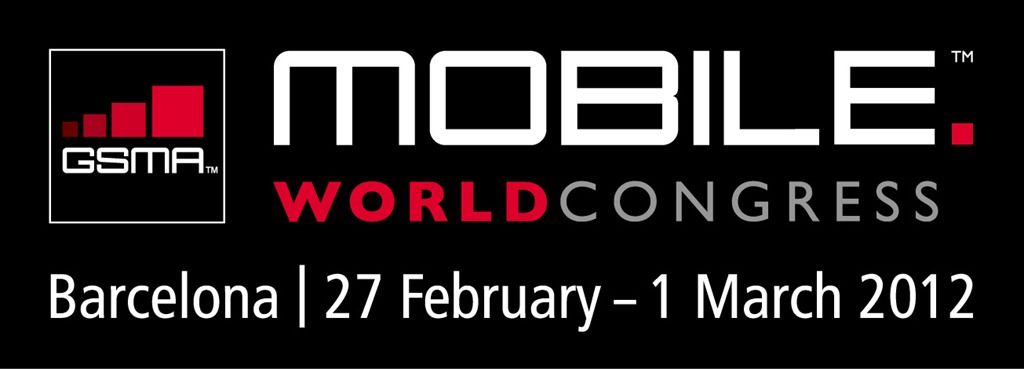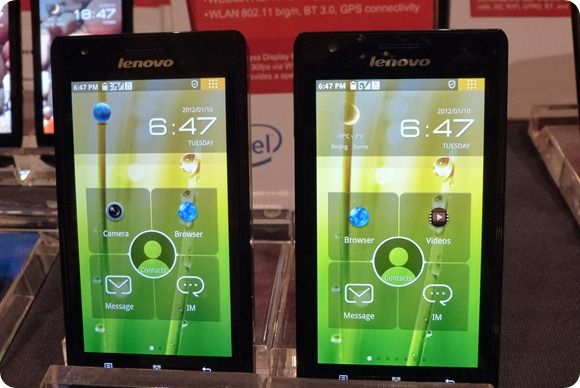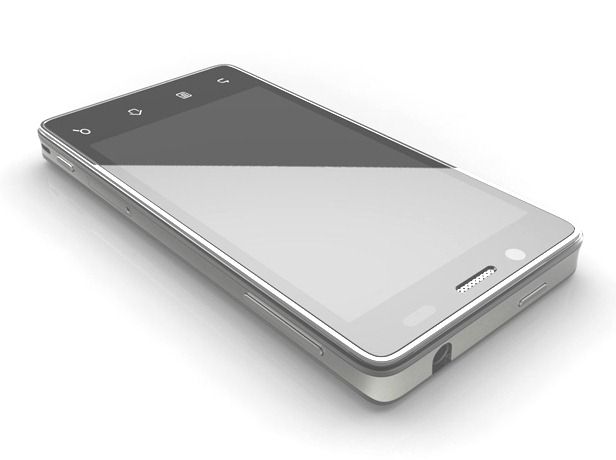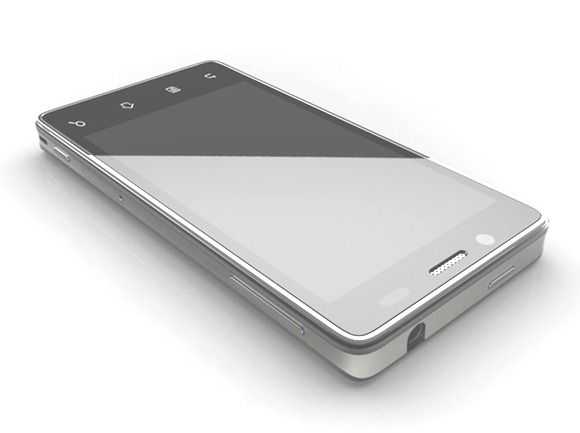
Posted on 25 February 2012
I’m heading to Barcelona today to attend Mobile World Congress where I expect to be bombarded with phone, smartphone, tablet, app, operating systems and telecom news but this year I’m going with a specific focus. I’ll be looking for more evidence of crossover from the traditional mobile world – platforms, operating systems and software – into the world of general computing.


Intel have kindly invited me along to take a look at their Android smartphone ecosystem (along with Appup and Ultrabook information) and I should be seeing devices close-up on Monday but that doesn’t mean I won’t be taking a look at the competition. I’ll be looking for next-generation platforms from the ARM ecosystem too. With ARM Cortex A15 designs and Qualcomm’s ARM V7-based Krait core we’ve reached a point where processing power per Mhz moves beyond what Intel Atom is currently offering. I’ll also be on the lookout for designs that take the mobile platform into the desktop space, modular designs too. It will be interesting to see software that also does the job of bridging mobile and desktop usage. The Google Chrome Beta for Android ICS is one such example of software crossing over.
I’ll be looking closely at the Android OS too. It’s no longer exclusive to the ARM architecture so it will be interesting to get a feel for whether Intel’s work on optimizing the OS for their mobile platform has given it an advantage. I wonder if there’s an X86 optimised version of the app yet.
Finally ill be on the lookout for news from the Microsoft camp.
I’ll also be getting as much hands-on with tablets as I can during the show and as usual, bringing you news, video, images and information as it happens. Ben and the rest of the team are also tracking the news and will he bringing you information and round-ups on Carrypad.
Stay tuned to Carrypad and the Carrypad twitter channel and for some behind-the-scenes info you cam follow me, Chippy, on my twitter channel. Keep an eye on the database to because we’ll be updating it with new products during the show.

Posted on 22 February 2012

In addition to the expected smartphone, tablet and AppUp announcements at Mobile World Congress, Intel’s European teams will be holding a ‘Platform of Choice’ event on the 28th Feb which will offer you a update on Intel’s activities in various sectors, including Ultrabooks. There will be both global and European focus at the event. I’ll be attending and I hope to see you there too.
Read the full story

Posted on 11 January 2012
Intel are finally there. One of their customers has announced an Android phone based on an Intel Atom platform. The Lenovo K800 is going to be launched initially in China and we had a chance to check it out at CES.

Read the full story

Posted on 21 December 2011
In July last year Carrrypad was one of the few publications to have unrestricted access to a Moorestown phone. Made by Aava as a reference design it ran Meego. We were supposed to see Intel phones later that year but it turned out that the Moorestown platform wasn’t good enough and Intel promptly moved focus to the Medfield platform. In February this year Intel held an early prototype Medfield phone up on stage. This time it was running Android. Later in the year Meego was effectively dropped and since then Intel have been pushing Android (via an official tie-up with Google) and talking about 32nm Medfield-based phones in the first half of 2011.

Technology Review have had hands-on with an early prototype, possibly another Aava reference design or development kit that Intel are calling ‘production grade.’ They have also had hands-on with a Medfield Tablet running Ice Cream Sandwich too. Unfortunately there aren’t many details or thoughts but there’s a hint that Intel will reveal more at CES in just 3 weeks time. We’ll be in the keynote to cover this of course.
The only real feedback given by Technology Review on the Intel phone was this:
The phone was powerful and pleasing to use, on a par with the latest iPhone and Android handsets. It could play Blu-Ray-quality video and stream it to a TV if desired; Web browsing was smooth and fast. Smith says Intel has built circuits into the Medfield chip specifically to speed up Android apps and Web browsing.
That’s likely to indicate Wi-Di integration and other hardware acceleration. Remember there will be hardware video encoding in Medfield. It’s also likely that Medfield phones scale up a little bit higher than other leading smartphones in terms of performance. What you get in performance though, is likely to cost in terms of battery life.
At the end of the day, if Medfield is good enough, easy to design and integrate and, importantly, cheap enough, manufacturers are likely to be interested. If it offers unique features such as Wireless Display and other technologies, it might even raise an eyebrow with the customer but it’s still going to have to compete in a fierce smartphone market where it will have to differentiate itself against Android and other popular brands, operating systems and platforms.
Via Slashgear
Source: Technoloy Review





















